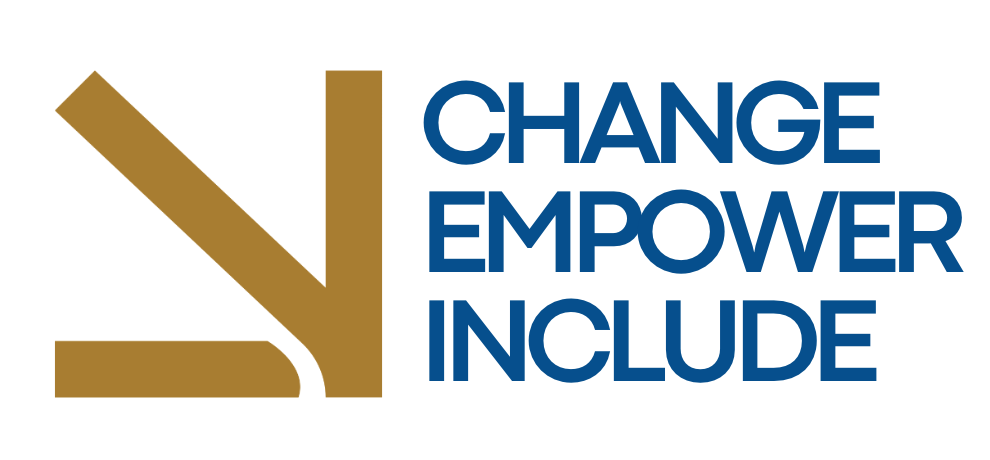Change Empower Include
Strong spoken and written literacies are the basic pillars of academic success and socio-economic welfare. This project aims to address the regional, social, and gender inequalities that are often sustained in the English language classroom when a blanket approach to language teaching is assumed. More specifically, it targets two main educational ‘gaps’ that our previous work and Local Education Improvement Plans highlight as problematic in the Liverpool City Region.
First, the lack of curricular recommendations on how to teach spoken language and, specifically, varieties of English. Our oracy research (see the links below) highlights that this lack of guidance, together with the strong focus of the curriculum on Standard English, is detrimental to students who are users of regional dialects, as dialect is strongly connected with regional identity. Additionally, lack of confidence in speaking in the classroom prevents students from developing aspirations, including the pursuit of further education and careers associated with oracy practices that schools cannot currently equip them for.
Second, the prevalence of gender-gap ideologies in the teaching of writing at the primary level (e.g. boys’ perceived under-attainment in writing). Results from our underpinning research show that the differences in writing between genders are limited and, importantly, indicate that gendered views of children’s writing impact motivation and socio-emotional responses—especially among boys—fostering a significant imbalance in a key literacy skill.
This project aims to counteract these educational inequalities at a grassroots level through participatory research and collaborative work with primary and secondary schools in Merseyside. Together with local teachers, we have created a series of teaching materials that address the social, gender, and regional inequalities described above. These materials are available from this site and aim to support a teacher-led toolkit relevant to the wider UK teaching community. These resources offer a systematic response to the dialect bias and gender-gap challenges outlined.
Current Research
- González-Díaz, V., Lampropoulou, S., Parr, E., & Johnson, P. (2025). ‘I Don’t Want to Do the Gender Division, but …’: A Gendered Linguistic Ideological Perspective in Talk About Schoolchildren’s Writing in England. Gender and Language, 19(1), 54–80. https://doi.org/10.3138/gl-2025-1003
- González‐Díaz, V., Parr, E., & Nourie, K. (2025). Using constructs of ‘good’ writing to develop ‘a voice of one’s own’ in the primary school classroom. Literacy. https://doi.org/10.1111/lit.12397
- Lampropoulou, S., González-Díaz, V., Flynn, K., & Parr, L. (2025). The paradoxes of oracy education in secondary schools: A case study of Liverpool English. FORUM, 67(1), 92–103. https://doi.org/10.3898/forum.2025.67.1.09
- González-Díaz, V., Parr, E., & Nourie, K. (2024). Conceptualisations of ‘good’ writing in the English primary school context. Language and Education, 1–24. https://doi.org/10.1080/09500782.2024.2369268
- Lampropoulou, S., & Cooper, P. (2021). The ‘grammar school pressure’: From tolerance to distance, to rejection of ‘Scouse’ in middle-class Merseyside schools. Linguistics and Education, 66, 100996. https://doi.org/10.1016/j.linged.2021.100996


This research was funded through an Economic and Social Research Council Impact Acceleration Account (ESRC IAA) UK Research and Innovation (UKRI) grant. To find out more about this, please follow this link (University of Liverpool – ESRC IAA Grants).
